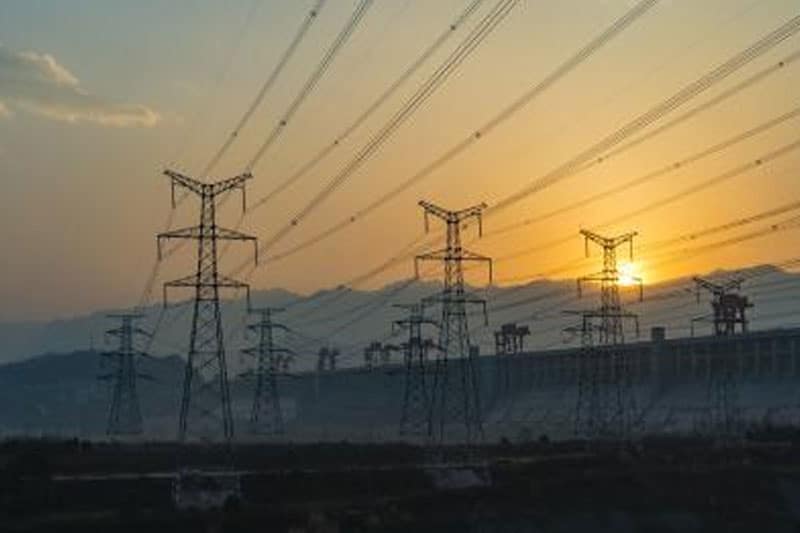Telangana Power Connection Fees to Rise as Load Capacity Increases

Hyderabad: The cost of new power connections in Telangana is set to rise as the state-run power distribution companies — South Telangana Power Distribution Company (TGSPDCL) and North Telangana Power Distribution Company (TGNPDCL) — have announced an increase in the minimum load capacity for both domestic and commercial connections. This change will also lead to an increase in connection fees.
According to recent directives issued by the power distribution companies, consumers applying for single-phase and three-phase power connections will now have to meet new load capacity requirements. For instance, those applying for a single-phase household electricity connection will now have to request a minimum load of 2 kilowatts (KW), up from the previous 1 KW requirement. Additionally, residential and commercial three-phase connections will only be granted on applications for a minimum load of 5 KW.
These new norms will initially be implemented in Hyderabad and Warangal, with plans for gradual expansion to other regions of the state.
Under the revised system, the cost of new connections has also increased. Previously, a consumer had to pay Rs 1,425 for a single-phase 1 KW household connection. Now, the cost for a 2 KW single-phase connection will be Rs 2,825. For three-phase connections, a 5 KW domestic connection will now cost Rs 7,025. In the case of commercial connections, the charges have been set at Rs 4,045 for a 2 KW single-phase connection and Rs 10,050 for a 5 KW three-phase connection.
Also Read: Telangana to Launch Online Admissions for Junior Colleges from Next Year: Here are the Details
Additionally, households with notary documents will face higher charges compared to those with registered documents. Notary households will need to pay Rs 3,625 for a single-phase 2 KW connection and Rs 9,025 for a three-phase 5 KW connection. For notary commercial connections, the charges are Rs 7,250 for a single-phase 2 KW connection and Rs 18,050 for a three-phase 5 KW connection.
Power officials clarified that the increase in fees is not due to a rise in charges or deposits but is a result of the increased load capacity requirements. Officials explained that many consumers who opted for a 1 KW connection have been using up to 2.5 KW, especially during the summer months, leading to power issues. To address these concerns, consumers have been advised to regulate their load based on the Recorded Maximum Demand (RMD) of their connections.
The new regulations are expected to help mitigate issues of overloading and ensure a more stable power supply across the state.
